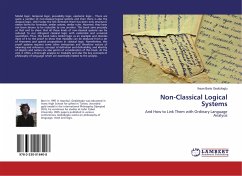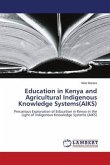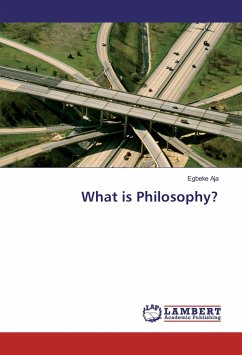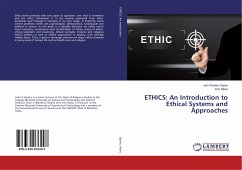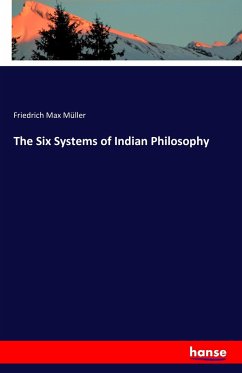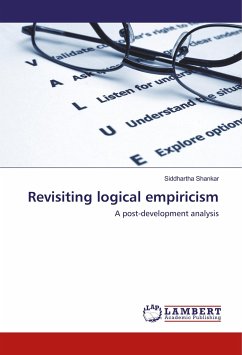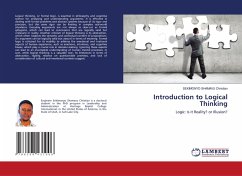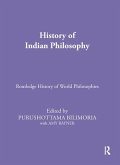Modal logic, temporal logic, provability logic, epistemic logic... There are quite a number of non-classical logical systems and then there is also the classical logic. Until today the link between them has been only structural: similar forms for formulae, similar axioms, similar rules. However, they have not been shown to be reducible to one another. This book aims precisely at that end to show that all those kinds of non-classical systems can be reduced to our old-good classical logic with existential and universal quantifiers. Thus, this book takes modal logic as an example and devotes most of it to the proof to show that modality can be deduced from a set of theorems and special propositions in classical logic. Nonetheless, this proof systems requires some other enterprises and therefore nature of meaning and reference, concept of definition and definability, and identity of objects and names are also points of consideration of this book. At the end, it offers a thorough analysis on modality and also the key concepts of philosophy of language which are essentially related to the analysis.
Bitte wählen Sie Ihr Anliegen aus.
Rechnungen
Retourenschein anfordern
Bestellstatus
Storno

